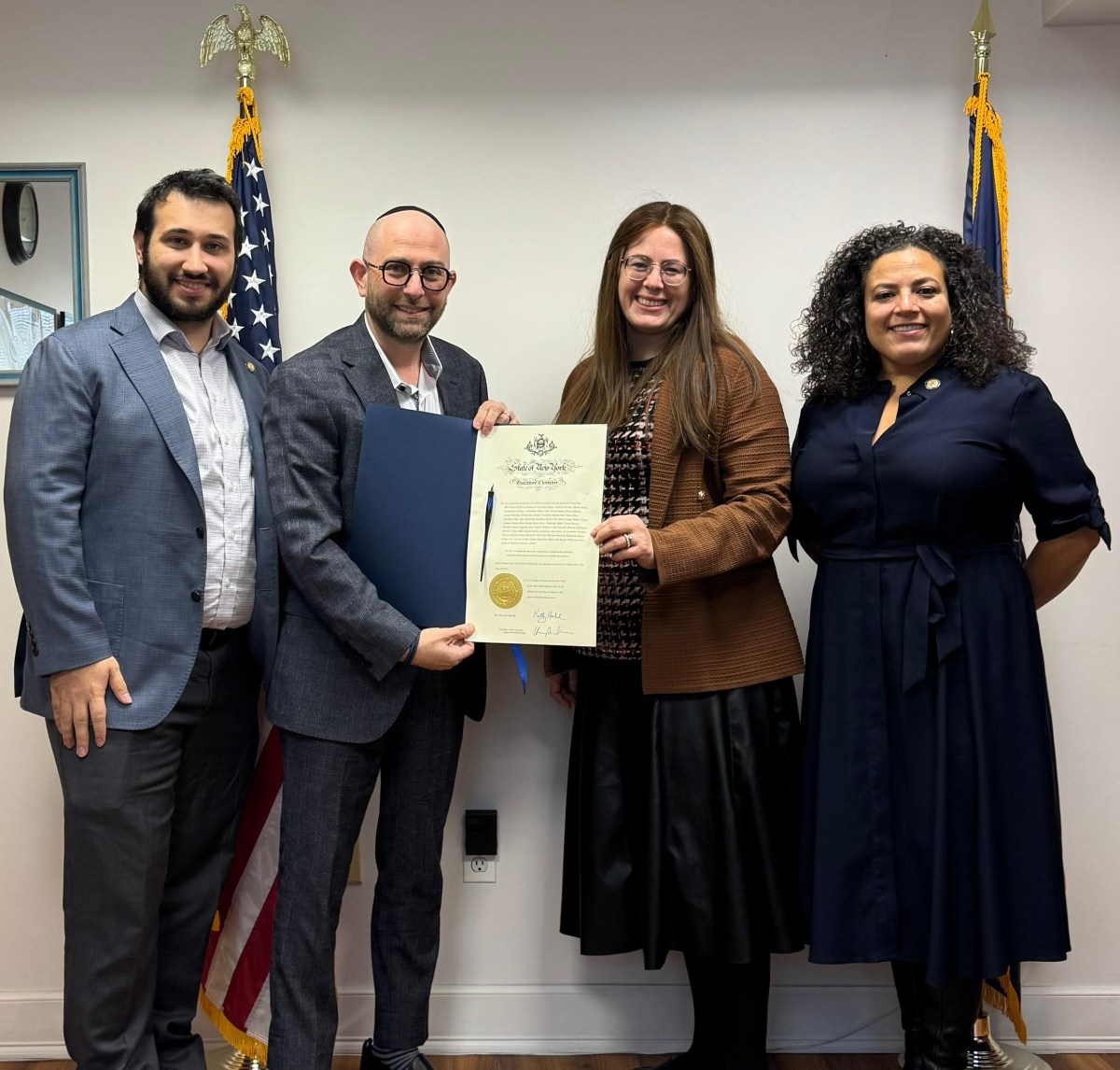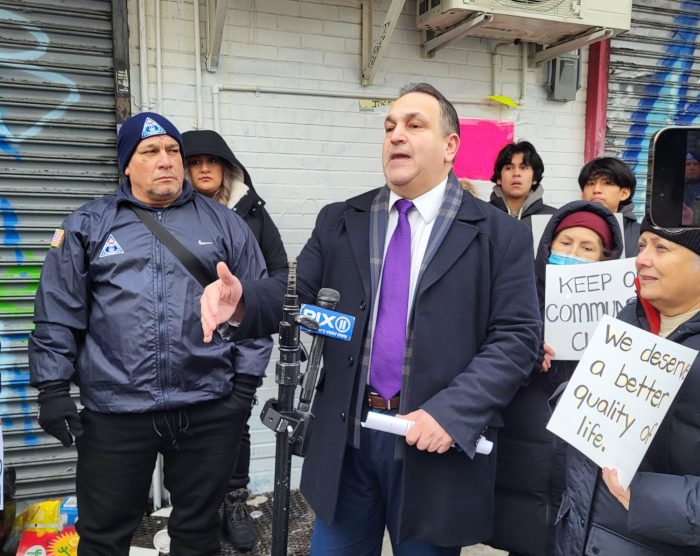In celebration of Caribbean American Heritage Month, Trinidadian soca queen Destra has been speaking candidly about a number of issues, telling the publication In The Know about her humble beginnings, her meteoric rise to fame, her vocal appreciation of her LGBTQIA-identifying fans and the passing of the baton to the newer generation of soca stars and influencers.
With a career spanning over 20 years, Destra, whose full name is Destra Garcia, remains “one of the most recognizable, respected and relevant faces in the soca music scene,” according to In The Know.
“Destra was always heralded as ‘the standard’ in the soca music scene; and, decades later, nothing has changed,” it said. “Whether it be hearing her music blasting across the speakers lined up by the street vendors at San Fernando’s High Street or watching her annihilate the stage with her signature explosive and adrenaline-packed performances at the Soca Monarch during Carnival season, Destra has always been a hometown hero that could not be escaped — for all the best reasons.”
But In The Know said this journey to becoming the best wasn’t achieved easily.
It said the now 38-year-old Caribbean music icon comes from humble beginnings, stating that her upbringing in Laventille – overlooking capital city Port-of-Spain, which she described as “one of the ghettos” in Trinidad and Tobago – was one she would “never change for the world.”
“I spent more than half my life there,” she told In The Know. “I’m one of four children — the eldest sibling. My dad was unemployed for a long time in the period that I was going to secondary school [high school], so I had to deal with a lot of different issues that were very humbling.”
Destra said that while her parents were certainly aware of her dreams to pursue a career music, her academic studies were non-negotiable, adding that, on completion of high school, her mother authorized her to pursue music.
“In a matter of months into her official debut, she released what is arguably still considered the reigning song of the Caribbean Carnival season, worldwide: ‘It’s Carnival’”, according to In The Know. “The clear breakout hit from her 2003-released debut album ‘Red, White, Black’ saw her score a double-win.”
It said Destra collaborated with already established soca king Machel Montano on the single and received major international acclaim.
“The song went on to become what many dub the ‘virtual anthem’ of Trinidad and Tobago Carnival, and it is widely considered the soundtrack to the celebration across the world,” In The Know said. “To this day, the anthemic hit remains a timeless classic and serves as the annual musical indicator that the Carnival season is about to commence.”
Destra said “It’s Carnival” “means so much to so many people.
“For them to sing, word-for-word, the words to a song, you know it’s special,” she said. “And then, we ended up winning the Roach March title in New York City, not in Trinidad.
“But that was huge for me too, because I never realized that the song would’ve crossed the ocean,” she added.
In exercising her “allyship,” In The Know said Destra performed at LGBT Pride, saying: “I was like, ‘Oh my God! This is too cool!'”
“It felt like Carnival, because I love Carnival. I love the freedom of Carnival and I got that same vibe from Pride,” Destra said. “You would never get a bigger advocate for my fans, no matter race, creed, color.
“Whatever it is, we stand together, because they stand with me, no matter what,” she told In The Know. “So, I stand with them, no matter what.”
Embracing the newer generation of soca artists is essential for her, “as it promotes continuity and preserves the genre in ways that cannot be achieved otherwise,” according to In The Know.
“You can’t have the older generation of music or musicians know all the secrets or know everything and not pass it onto the new generation,” Destra said. “The music will die. The art form will die. Music will die.”
She said “it’s very important to mentor” and “to show new artists the ropes.”
In January 2020, Destra collaborated with Nailah Blackman in releasing “Dutty Clean,” marking a rare occurrence of two women in the Soca realm joining forces, according to In The Know.
“It’s very important to do collaborations as well as it’s beneficial to the older generations of musicians,” she told In The Know. “You may be accustomed to one way of doing something and if you don’t switch with the generations, you create that generation gap for yourself where you would no longer be able to connect with the younger generation.”
























